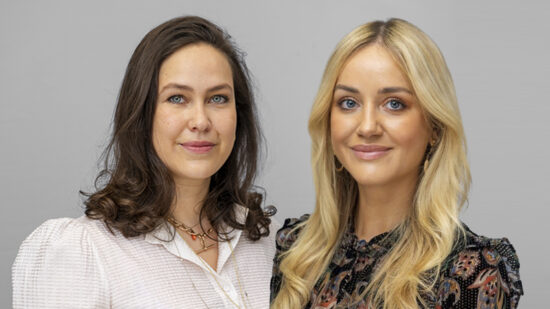The fund manager divested of his fund’s share in Coca Cola Femsa, the world’s largest listed bottler of Coca Cola, earlier this year as it was deemed to have lost value.
The firm has operations across South America and Mexico, which is the worl’d largest consumer of Coca Cola at an average of two cans per day per head of the population.
Vaight beileves opportunities in Mexico in general have become increasingly expensive, arguably as a result of the recent influx of investment into the country, and in the past three years has reduced the fund’s exposure to the Mexican market from 9.9% to 3.7%.
This is a view he also holds on Indonesian, Malaysian and Thai investments, in particular Thai banks. His weighting in these economies has also fallen over the three year period, and he currently holds no Indonesian companies.
A little bit contrarian on China
Vaight does, however, see value in China.
Despite the downside risks and the declining economic growth currently plaguing China, Vaight said that he is now doing more work in the country than he did during the peak in 2007/2008.
“The implied growth in 2007 was 28%, there was a bubble mentality and no risk perception. Investors were piling in wondering how much they could own, considering everything with China in the name as a guaranteed source of profit. But they ignored the fundamentals, and were subject to constant disappointment.
“I am now doing more work in China than I was back then as equity markets are showing 4% growth. But I remain underweight China. Around 80% of companies are under state ownership, which makes it difficult to align interests and find companies you can trust.”
No rush into Russia
State ownership is also detrimental to value and returns in Russia, where around 65% of companies on the MSCI Russia Index are under state control.
“The Russian index is still dominated by resource companies with a lot of state control, and this is reflected in the average returns from their equity markets, which are around 5% over the last two decades. The Russian corporate sector destroys value and put simply it doesn’t generate enough capital.”
In contrast, state ownership of listed companies in South Africa, a country Vaight has 8.1% of his fund in, is below 5%, and its equity index has generated an average 11% return on capital per annum since 1994.







